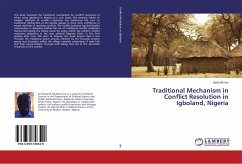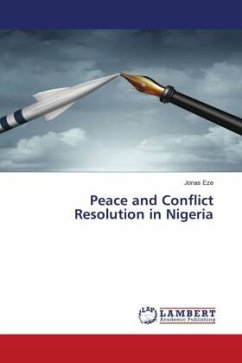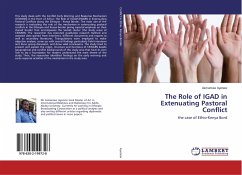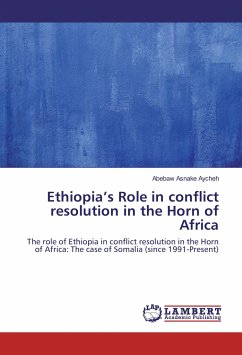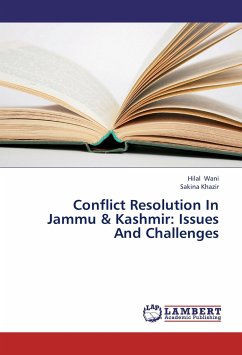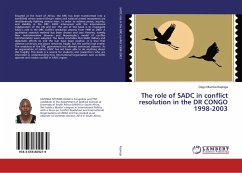This book examines the traditional mechanisms for conflict resolution in Africa using Igboland in Nigeria as a case study. The seeming failure of modern methods of conflict resolution has reinforced the turn to traditional mechanisms as the people appear to have more confidence in extant methods of resolving conflicts. The conflict between Aguleri/Umuleri communities in Igboland justifies the use of traditional conflict resolution mechanisms giving the elusive quest for peace within the modern conflict resolution apparatus in the post colonial Nigerian State. In the final analysis after over 100 years of dispute, the book argues that it was through the traditional peace process initiated by the Umuada women group and discussion within the village assembly comprising of male folk and final consummation through oath-taking that led to the successful resolution of the conflict.
Bitte wählen Sie Ihr Anliegen aus.
Rechnungen
Retourenschein anfordern
Bestellstatus
Storno

